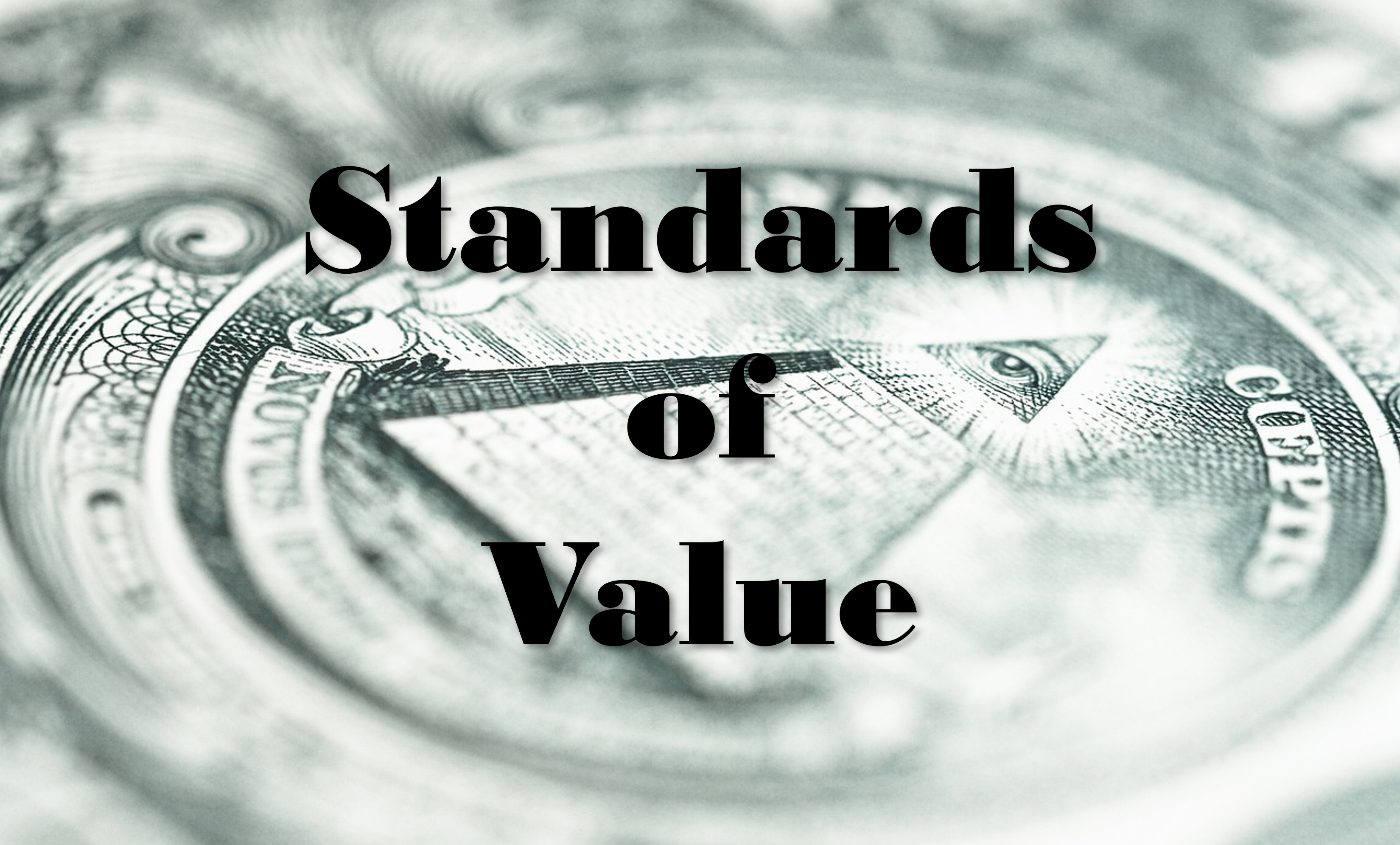Sometimes having a divergent and unique perspective in valuation can be the difference between a firm?s life or death:
Anheuser Busch was founded in 1852 and was a well-established business by the early 1900s. Then in 1920, the Eighteenth Amendment to the US Constitution was passed which established the prohibition of alcoholic beverages. At first glance, a sovereign government passing a law that outlaws a firm?s product should have massive negative consequences for the firm?s valuation. After all, it appears future sales and profits are about to go dry (pun intended).
Virtually all analysts would conclude that the current value of a firm should be massively reduced to reflect the ?unquestionable? loss in future revenue and thus profits.
However, any enterprise analyst could make the following unique observation:
The amendment made it illegal to manufacture, sell and transport alcoholic beverages, but it did not make it illegal to produce, sell and transport the raw materials needed to make them.
The analyst making this unique observation could then value the firm not on the easily observable historical basis of sales from alcoholic beverages but on the different go forward basis of the material to make alcoholic beverages.
It is likely that with this unique observation, the executive management of the firm could have taken this strategic insight and concluded that the firm could sell specifically the unfermented malt extract.
In effect, the consensus would have quickly assumed the value of this boring, well established, old product firm would massively fall given the outlawing of its product. The divergent analyst with his or her unique insight would have concluded the firm could massively increase its value because of the same outlawing act but by shifting the product down a few steps in the manufacturing chain.
In Daniel Okrent?s book “The Rise and Fall of Prohibition”, the then Chairman of the firm said:
“We ended up as the biggest bootlegging supply house in the United States of America.” Amazingly, it was all legal.
This is a great example of how a simple valuation exercise could have effectively saved the life of a previously considered dying business (not only saved it but helped it thrive) by leveraging the strategic value embedded in the divergent valuation opinion.
Overall, the value in a valuation can extend well beyond the immediate need for a simple number. It can become the strategic pivot point that the valuation analyst and the client firm use to materially increase a firm?s value.






